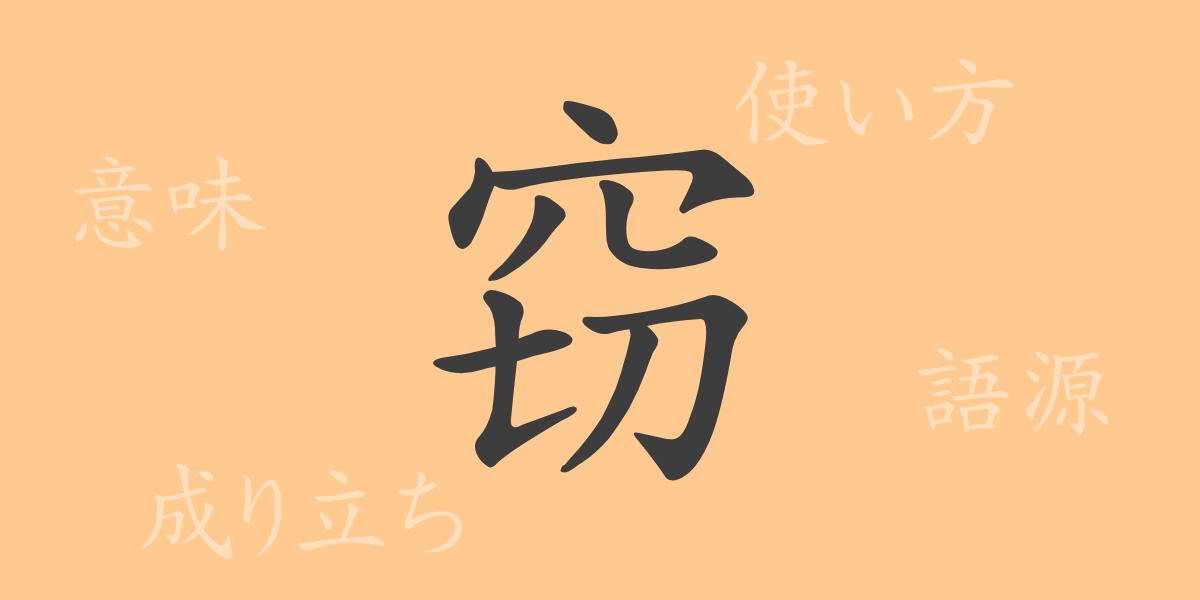The richness of the Japanese language is profoundly expressed through its use of kanji, each bearing significant meanings and historical depth. Among these, the kanji “窃” (セツ) plays a unique role in depicting Japanese culture and mindset. This article delves into the origins, meanings, and applications of “窃”, inviting you to rediscover the nuances of this character.
Origins of 窃 (セツ)
The kanji “窃” originated in ancient China, depicted as a person listening secretly through a wall. It initially symbolized the act of eavesdropping or secretly overhearing, thus coming to represent secrecy or theft. Over time, “窃” evolved to be used in various contexts and has been a part of Japanese kanji usage for centuries.
Meaning and Usage of 窃
“窃” encompasses meanings like “secretly,” “stealthily,” and “to steal.” It is commonly used to describe actions undertaken covertly or theft. In Japanese, it appears in legal terms such as “窃盗” (theft), indicating the unlawful taking of someone else’s property. The character can also metaphorically describe stealing someone’s heart or time.
Readings, Stroke Count, and Radical of 窃
The kanji “窃” is structured with specific details:
- Readings: The on’yomi (Sino-Japanese reading) is “セツ” (setsu), with no kun’yomi (native Japanese reading).
- Stroke Count: “窃” consists of 11 strokes.
- Radical: The radical is 穴 (あなかんむり), which refers to a hole, aligning with the character’s imagery of secretive actions.
Phrases and Idioms Using 窃
Several idioms and phrases include “窃”, reflecting its varied meanings:
- 窃盗 (せっとう): Acts of stealing or theft, typically used in legal contexts.
- 窃笑 (せっしょう): A secret or stealthy laugh, often done in hiding.
- 窃視 (せっし): Secretively watching or observing.
- 窃かに (ひそかに): Doing something stealthily or without attracting attention.
These expressions are employed across various everyday scenarios, adding depth to emotional or behavioral descriptions.
Conclusion on 窃
The kanji “窃” not only illustrates actions of secrecy and theft but also enriches Japanese language expressions through its historical and contemporary uses. Its presence in phrases like “窃盗” among others highlights the complex nature of kanji within Japanese culture. This exploration into “窃” offers a deeper understanding of its significance and applications, underscoring the intricate beauty of the Japanese language.

























